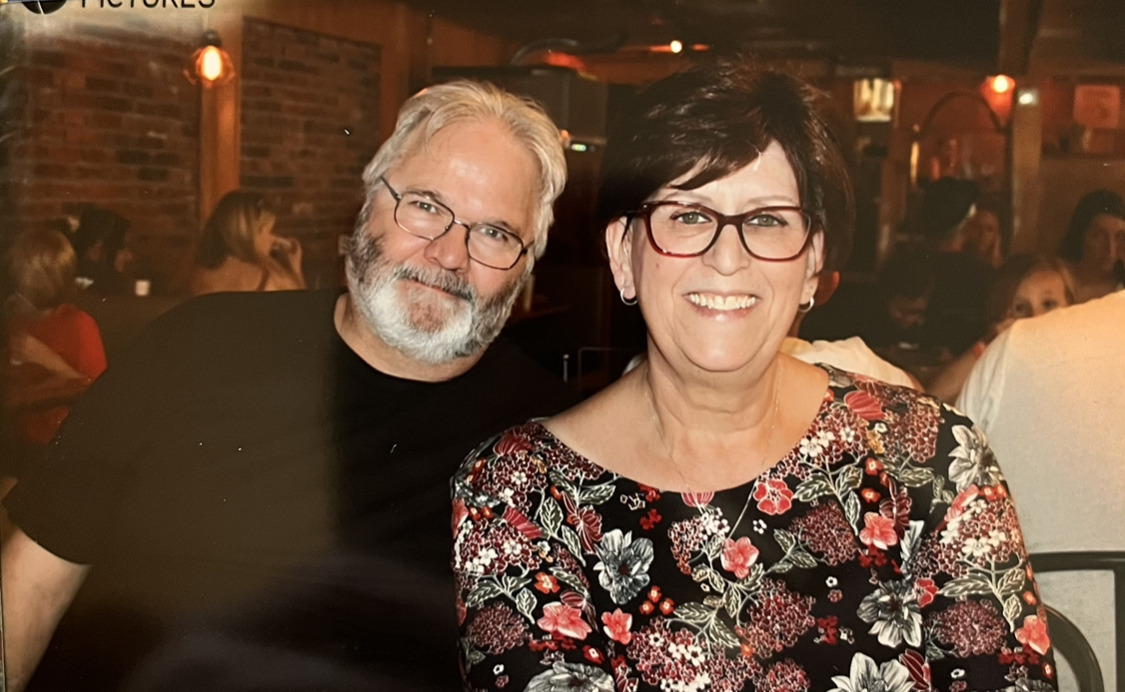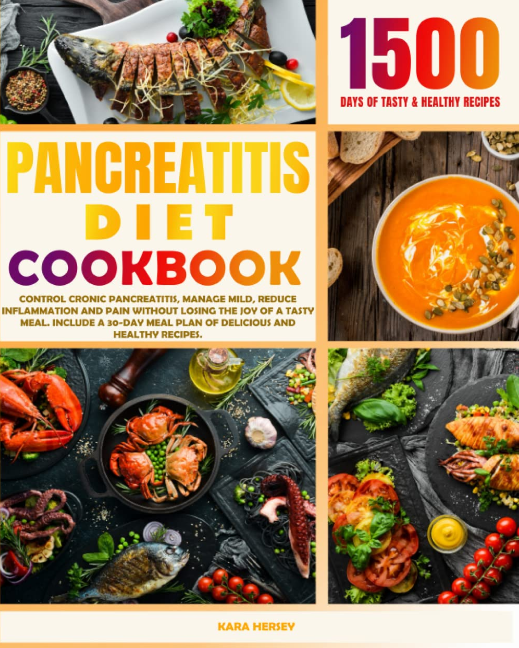
JILL POKORNY: THREE TIME CANCER SURVIVOR
Preventative Care Led to an Early Pancreatic Cancer Diagnosis for 3-Time Cancer Survivor Jill Pokorny
Written By: Julia Brabant
July 2023
Date of Diagnosis: July 2019
Current Status: No Sign of Active Cancer Since 2019
Most people who’ve had three types of cancer wouldn’t consider themselves “lucky,” but because Jill Pokorny’s doctors caught both her breast and pancreatic cancers early on, she can’t help but see herself as such.
A resident of Muskego, Wisconsin, Jill had already had skin and breast cancers by the time doctors diagnosed her with pancreatic cancer. Like many people with the diagnosis, she had few initial symptoms. While she’d noticed some weight loss, the main symptom she had was watery stools, prompting her to see a gastroenterologist for help.
The GI doctor thought her body wasn’t producing the enzymes it needed to digest food properly and put her on CREON, a prescription medication used to help with digestion. Shortly after, an unrelated colonoscopy she already had scheduled revealed some abnormalities, so Jill’s GI doctor recommended she have an endoscopy, which is a type of gastrointestinal exam that uses an instrument to look inside the body.
After reviewing Jill’s exam results, her doctor diagnosed her with pancreatic cancer. She can’t recall if the doctor diagnosed her with a particular stage, but she isn’t sure if that’s because the doctor didn’t say, or because she was so shell-shocked at the cancer diagnosis that everything else was a blur.
Creating a Care Plan
It was later, when the doctor referred her to the office of Dr. Douglas B. Evans, M.D., at Froedtert & the Medical College of Wisconsin, that one of the nurses mentioned Stage 1. Many people with pancreatic cancer do not know they have it until their cancer has progressed well beyond this stage, in part due to a lack of early detection methods – and in part due to the fact that many symptoms don’t become apparent until the cancer has advanced.
“That’s everyone’s first question – ‘How did they catch it early?’” Jill said. “Honestly, I was just lucky.”
Jill recalls meeting Dr. Evans and the immediate optimism he expressed after reviewing her case. She remembers him telling her that, while he couldn’t say for sure what would happen down the line, what she was dealing with right now was something he could handle.
Encouraged by Dr. Evans’ confidence, Jill agreed to a plan of chemotherapy and radiation. Because of her previous battle with breast cancer, she wasn’t a strong candidate for a clinical trial. The goal with the chemo was to shrink the tumor in her pancreas enough to make a Whipple Procedure possible.
Jill began chemotherapy, but it failed to shrink her tumor like doctors had hoped, prompting her to start radiation before finishing the full cycle. The chemo and radiation combination ended up working, and Jill had the Whipple procedure, in her case a seven-hour surgery, in September 2019.
“From beginning to end and even through chemo, it all went pretty smoothly,” Jill said, noting that, aside from a reaction she had pre-surgery and a bruised back after the procedure, she held up pretty well. “But after the Whipple, I really had no taste for food at all.”
This is common among people who’ve had the Whipple, which is a highly complex abdominal procedure. Jill recalls having a tough time eating for months after her surgery, finding it hard to stomach the nutrition and breakfast drinks doctors recommended she drink to replace the nutrients she wasn’t getting from food.
Over time, Jill has found it somewhat easier to eat and digest food, but she’s had to modify many parts of her diet. She finds that certain foods, among them cheese and greasy snacks, give her gastrointestinal problems and often mean frequent trips to the bathroom. Through trial and error, she’s determined she has an easier time digesting crackers and other “plain” foods.
That said, Jill considers her dietary issues to be a small price to pay for still being here.
“I’ve done pretty well overall,” she said. “My life may never be exactly what it was, but every day is a good day when you’re in the upright position!”
These days, Jill continues to take digestive enzymes to help her body absorb nutrients and sees Dr. Evans every six months for checkups. She said that at a recent appointment, Dr. Evans said she faced about a 10% chance of her cancer coming back. If she remains cancer-free for seven years, there’s almost no chance her cancer will return.
Jill has also had some time to reflect on some of the factors that might have contributed to her getting pancreatic cancer.
She’d been diagnosed with late-onset Type 2 diabetes in her mid-50s, which is common among people with pancreatic cancer. She’d also had very high blood sugar about a year and half before her diagnosis and now thinks this, too, might have been a sign.
Jill also had a considerable family history of cancer. She’d lost one aunt to breast cancer, and a different aunt and Jill’s own mother both had breast cancer, too. Her brother also had colon cancer, which is one of the reasons she had the colonoscopy that wound up setting the wheels in motion for her cancer diagnosis.
Jill also had some basic genetic tests done to see if she had any mutations that might place her at a higher risk for cancer, but the tests didn’t reveal any clear links to breast or pancreatic cancer.
Reflecting on Lessons Learned
As a four-and-a-half-year pancreatic cancer survivor, Jill has also had some time to reflect on what helped her the most during her own treatment, noting that confidence in her care team and support from her family and friends were paramount.
“Dr. Evans is the best. He takes his time with you,” Jill said. “I was led to him by the grace of God. It’s so important to feel comfortable with your doctor.”
Jill also noted that her husband, Jim, has accompanied her to every last appointment, chemotherapy or radiation session, and checkup – and that his employer has been extremely gracious in allowing him to do so with no questions asked or documentation needed.
Though Jill didn’t know anyone else with pancreatic cancer at the time of her diagnosis, she said she’s happy to see support groups and similar resources emerging for today’s patients. She believes she would have benefited from having someone who’d been there to talk to when she first found out she had pancreatic cancer.
Jill also notes that people with pancreatic cancer can share knowledge and resources with one another, stating that she found out from a patient on Instagram about a special opportunity available through the YMCA that she has since taken advantage of.
Through a partnership with the LIVESTRONG Foundation, the YMCA offers complimentary three-month memberships and personal training sessions for people who have, or have had, Cancer. Currently, the program is available at almost 800 YMCA locations nationwide and has served almost 77,000 people.
Jill also believes it’s important for people with pancreatic cancer to get to know others who have it so they can share unique experiences others simply can’t understand.
“Unless you’ve lived it, you don’t know,” she said. “I didn’t know anyone else with pancreatic cancer at first, and that would have been very helpful upfront.”
For this reason, Jill encourages anyone facing a pancreatic cancer diagnosis to reach out to her at jillpoko@gmail.com with any questions they may have.
“Having someone to sit, listen, answer questions…that’s the biggest support,” Jill said. “And if you don’t have that, here I am – I’ll be your support!”
Jill has shown no sign of any type of cancer since her Whipple procedure in September 2019.



